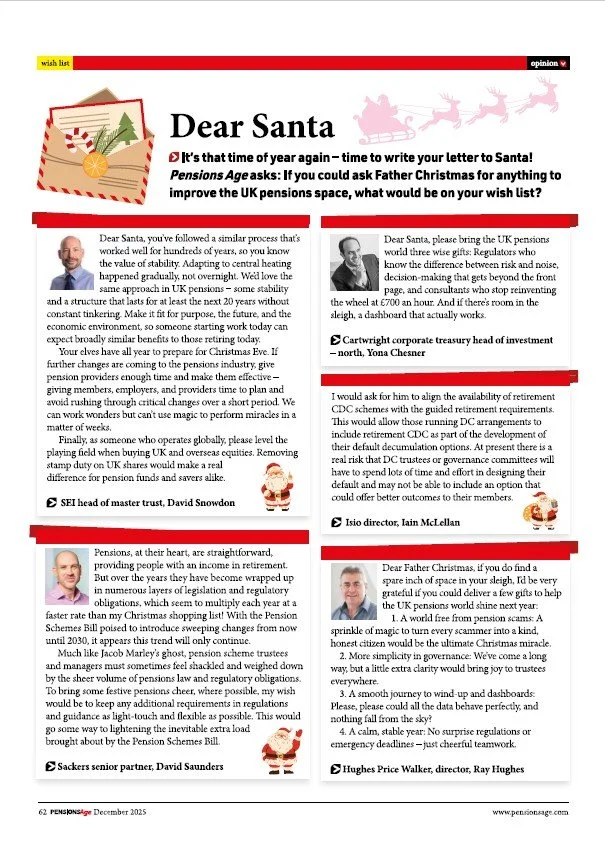In May 2025, the Government published three papers outlining its planned pension reforms. The papers focus on (i) options for Defined Benefit (DB) schemes, (ii) unlocking the UK pensions market for growth, and (iii) pensions investment review. They signal a strategic shift towards consolidation, efficiency, and domestic investment.
(i) Options for DB schemes
The Government is moving forward with its plans to allow trustees to amend scheme rules to extract surplus funds, provided “stringent funding safeguards” are in place. This includes revoking Section 251 of the Pensions Act 2004, which previously required trustees to pass a resolution by April 2016 to retain certain surplus powers.
The proposals for a 100% Pension Protection Fund underpin in return for payment of a “super levy” have been dropped, due to concerns over cost and moral hazard. However, the Government will continue to consider the options for a public consolidator.
There are no plans to change the tax payable on any surplus extracted (currently 25%) at present, though the Government is keeping “the wider tax regime for surplus extraction” under review.
(ii) Unlocking the UK pensions market for growth
The Government has introduced a “Megafund” requirement, whereby Defined Contribution (DC) providers and master trusts must have at least £25 billion in assets under management in a single large default arrangement by 2030. Schemes that are exempt from the Megafund requirements include single employer trusts and Collective Defined Contribution schemes.
(iii) Investment reform
The upcoming Pension Schemes Bill will include a reserve power that will enable the Government, if necessary, to set “quantitative baseline targets for pension schemes to invest in a broader range of private assets, including in the UK”. The Government doesn’t anticipate having to exercise this power, unless the industry does not achieve the desired changes on its own.
The Pensions Regulator and the Finance Conduct Authority will launch a joint data collection initiative later this year, focusing on asset allocation in workplace DC schemes with the first report expected to be available in early 2026.
























